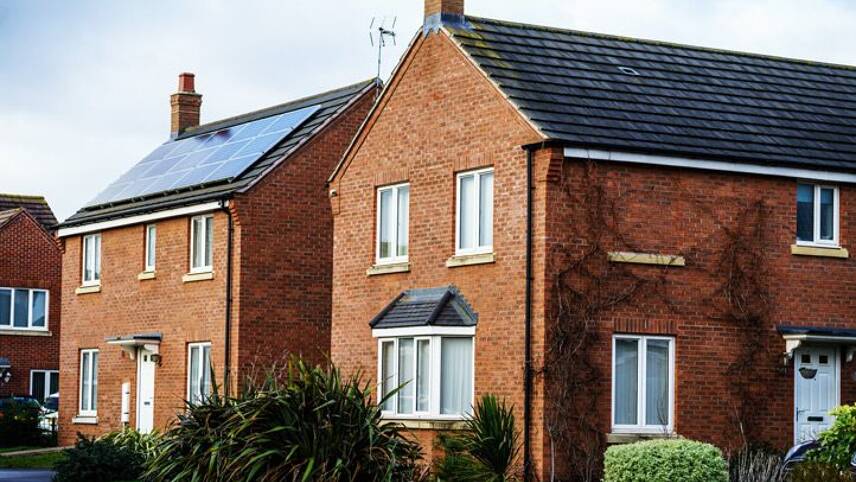Register for free and continue reading
Join our growing army of changemakers and get unlimited access to our premium content

The proposed VAT increase is set to be implemented from 1 October
Green groups including the Renewable Energy Association (REA), Good Energy, 10:10 Climate Action and Friends of the Earth have sent a letter to Chancellor of the Exchequer Sajid Javid that has been backed by more than 17,500 citizens. The letter claims that the government must not support the proposed 15% increase in VAT for domestic clean energy technologies, noting that VAT remains at 5% for coal and gas.
“Solar power coupled with battery storage is not just a solution to climate change. It is an economic opportunity which can address the balance of payments whilst creating a sustainable economy fit for the future. However, the UK risks losing out if policy blockers are put in the way,” the letter states.
“This government must not support the proposed VAT increase to 20% on clean energy solutions for households, including solar and storage, whilst it remains at 5% for coal and gas.”
The letter has been led by signatures from green group chief executives, including Dr Nina Skorupska, Alice Bell and Juliet Davenport OBE. More than 17,500 citizens have also added their names to the letter in the form of an online petition.
The letter notes that the increase in VAT has been framed as “ensuring UK rules are in line with EU law”. However, the EU Action Plan on VAT gives Member States greater flexibility on how rates are levied. “This new plan will inevitably impact the UK regardless of our future relationship with the bloc,” the letter adds.
The proposed VAT increase is set to be implemented from 1 October.
Solar story
There are more than one million solar PV installations now in operation across the UK, the majority of which have been installed over the last decade.
Recent government data, in fact, found that 99% of the current solar capacity in the UK became operational after 2010, and provided 12.9TWh of power in 2018, a 12% increase compared to 2017.
Despite the increased share of the energy mix, new solar power installations halved in the UK last year for the second year in a row, as the fallout of government subsidy cuts continued to shake the sector.
In January, the UK Government made a U-turn on its decision to end the solar “export tariff”, confirming that households which install solar panels in the future will be paid for excess power they generate and send to the grid. The export tariff is the replacement for solar panels under the feed-in tariff (FiT) scheme, which is closing in April.
More broadly, fossil fuels still make up 79.4% of the overall energy supply while renewables still only account for 11% of the final consumption. The UK target is for that figure to be 20% by 2020 and although each year sets new records for renewables, the pace of change isn’t fast enough, currently sitting at 12% increase year on year between 2017 and 2018.
Matt Mace


Please login or Register to leave a comment.